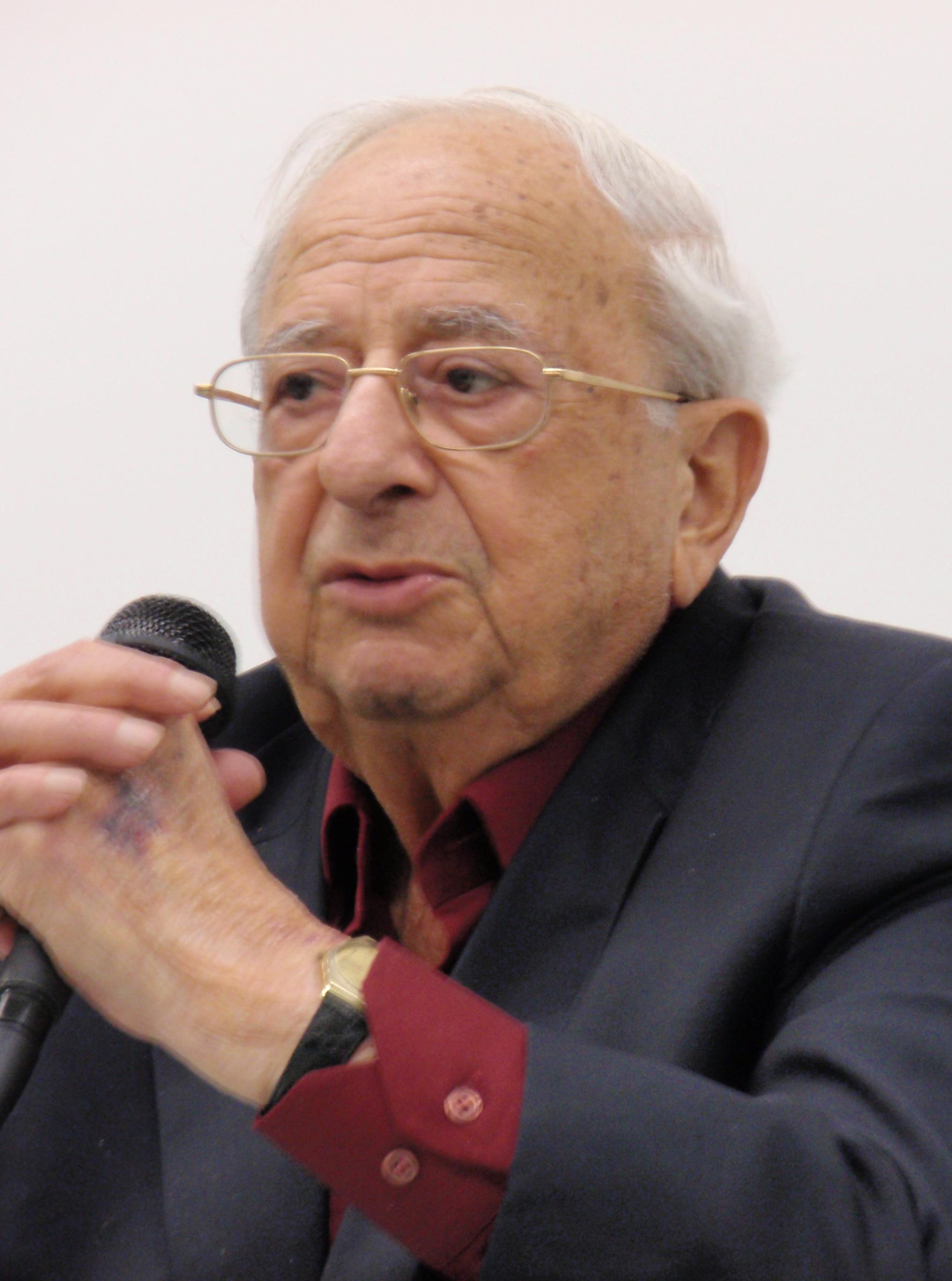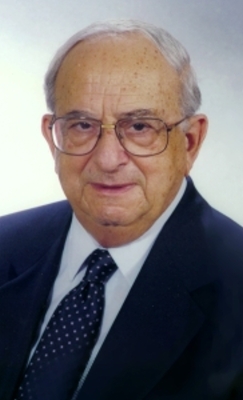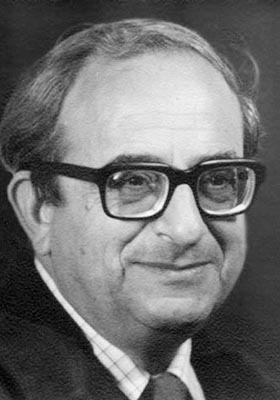<Back to Index>
- 5th President of Israel Yitzhak Navon, 1921
PAGE SPONSOR



Yitzhak Navon (Hebrew: יצחק נבון, 9 April 1921 - 6 November 2015) was an Israeli politician, diplomat, and author. He served as the fifth President of Israel between 1978 and 1982 as a member of the center - left Alignment party. He was the first Israeli president to be born in Jerusalem, then within the British Mandate for Palestine, and the first not to have been born in and made aliyah from the Russian Empire.
In 2005, he was voted the 108th greatest Israeli of all time, in a poll by the Israeli news website Ynet to determine whom the general public considered the 200 Greatest Israelis.
Born in Jerusalem, Navon was a descendant of a Sephardi family of rabbis. On his father's side, he was descended from Spanish Jews who settled in Turkey after the expulsion of the Jews from Spain in 1492. The family (Baruch Mizrahi family or Al Mashraki) moved to Jerusalem in 1670. On his mother's side, he is descended from the renowned kabbalist Haim Ben Attar. The Ben - Atar family came from Morocco to Jerusalem in 1884.
Navon studied Hebrew literature and Islamic studies at the Hebrew University of Jerusalem. After serving in the Haganah in Jerusalem, he was sent by the Israeli foreign service to Uruguay and Argentina. Navon's wife Ofira, who was considerably younger than he was, died of cancer. They had two children.
In 1951, Navon became the political secretary of Israel's first prime minister, David Ben - Gurion. The following year he was appointed Ben - Gurion's bureau chief. He remained in this position under Prime Minister Moshe Sharett.
In 1963, he became a department head at the Ministry of Education and Culture. Two years later, Navon was elected to the Knesset as a member of Ben - Gurion's Rafi, which merged into the Israeli Labor Party (part of the Alignment) in 1968. Navon served as deputy speaker of the Knesset and chairman of the Knesset Committee on Foreign and Defense Affairs.
On 19 April 1978, Navon was elected by the Knesset to serve as the fifth President of Israel. There were no other candidates and Navon received 86 votes in the 120 member Knesset with 23 members casting blank votes. He assumed office on 29 May 1978 and was the first president with small children to move into Beit HaNassi, the presidential residence in Jerusalem. His wife, Ofira, was active in promoting the welfare of Israeli children.
Although the Israeli presidency is a ceremonial office, Navon was an outspoken advocate of a judicial commission of inquiry to probe Israel's role in the Sabra and Shatila massacre perpetrated by Lebanese Falangists in 1982.
In 1983, Navon turned down the opportunity to run for a second term of office. Instead he returned to politics, the first and only Israeli ex-president to do so. When the polls showed that Navon was more popular than Labor chairman Shimon Peres, Peres was pressured to step aside and allow Navon to take over the party leadership. Navon's fluency in the Arabic language made him especially popular among Arab and Mizrahi voters. But Navon did not accept the chairmanship. In 1984, he was elected to the Knesset and served as minister of education and culture from 1984 to 1990. He remained in the Knesset until 1992, after which he left politics.
Navon wrote two musicals, which were successfully performed at Habimah, Israel's national theater in Tel Aviv. He is also the author of "The Six Days and the Seven Gates" (1979), a modern legend of the reunification of Jerusalem, first published in Hebrew by "Shikmonah" Publishing Company, later translated into English.